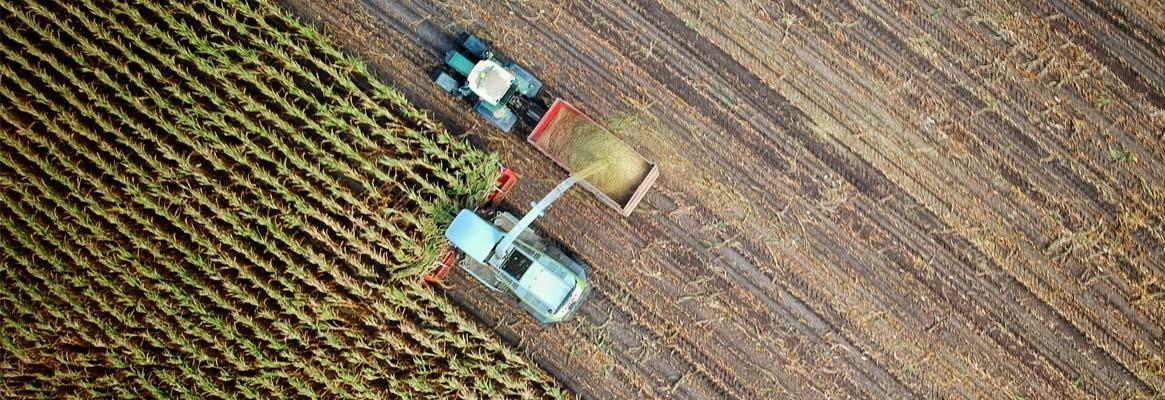Sustainable apparel fabric suppliers are taking advantageof a remarkable new source of material: agricultural waste, the discardedbyproducts from the cultivation of orange, banana, sugarcane, and other crops.
Food crop agriculture creates a tremendous amount of wastein the form of the parts of the plants that are not consumed: fruit peels,leaves, stalks, etc. All of this material has been going to waste, eitherburned or left to rot, to the detriment of the environment.
Now, however, a number of companies are opting for acircular economy, recycling agricultural waste to create beautiful newsustainable fabrics.
Take Circular Systems for example, a startup founded byfashion industry veteran Isaac Nichelson, theinventor of the patented Agraloop technology. Agraloop takes agricultural wastes fromcrops like bananas, pineapples, flax, hemp, and sugarcane, and spins them intoa natural fibre which can in turn be made intofabric.
Technologies like Agraloop arechanging the sustainable fabric industry in ways that seem surreal until oneunderstands the logic. Plant parts contain fibres,and agricultural residue represents a tremendous source of fibreswhich would otherwise go to waste.
Consider the five crops mentioned above: bananas,pineapples, flax, hemp, and sugarcane. Between them, these five crops generatean estimated 250 million tons of fibre every year,enough to meet the global demand for fibre 2.5 timesover.
What kind of textiles can one make from agriculturalwaste? As it turns out, some very high-quality ones.
Consider Orange Fiber, a Sicilian-based designer whichconverts citrus juice by-products into exquisite sustainable fabrics. Inventedby Adriana Santanocito and EnricaArena while the two were flat-mates at the Polytechnic of Milan, Orange Fiber'ssignature textile is made by recycling the cellulose from the fibres that are discarded from the pressing and theprocessing of whole oranges to make orange juice.
Orange Fiber has great potential for a plenitude of uses,from fashion to home textiles, and it is beginning to get some seriousattention. The fabric has already won several awards at both the national andthe international level, including the UNECE Ideas for Change Award in April2015.
Additionally, Taiwanese actress, model, and sustainabilityinfluencer Chiling Lin sported an OrangFiber gown at the Global Change Award 2018.
Like Orange Fiber, Green Whisper is convertingagricultural wastes into beautiful fabric. The company specialisesin converting banana fibre from agricultural residueinto textiles, but they also use sugarcane, areca, and before long, maize,wheat, and rice as well.
Green Whisper's philosophy is based on the Sanskrit Indianconcept of Djiva, meaning one who is born twice. Thisis the essence of what Green Whisper does: converting agricultural residuewhich would otherwise be wasted into beautiful fabric, and thereby making theworld a better place.
Collectively, these companies are transforming food wastes, which would otherwise contribute to pollution or environmental degradation, into breakthrough sustainable fashion.
This article has been posted with permission from synzenbe.com















Comments